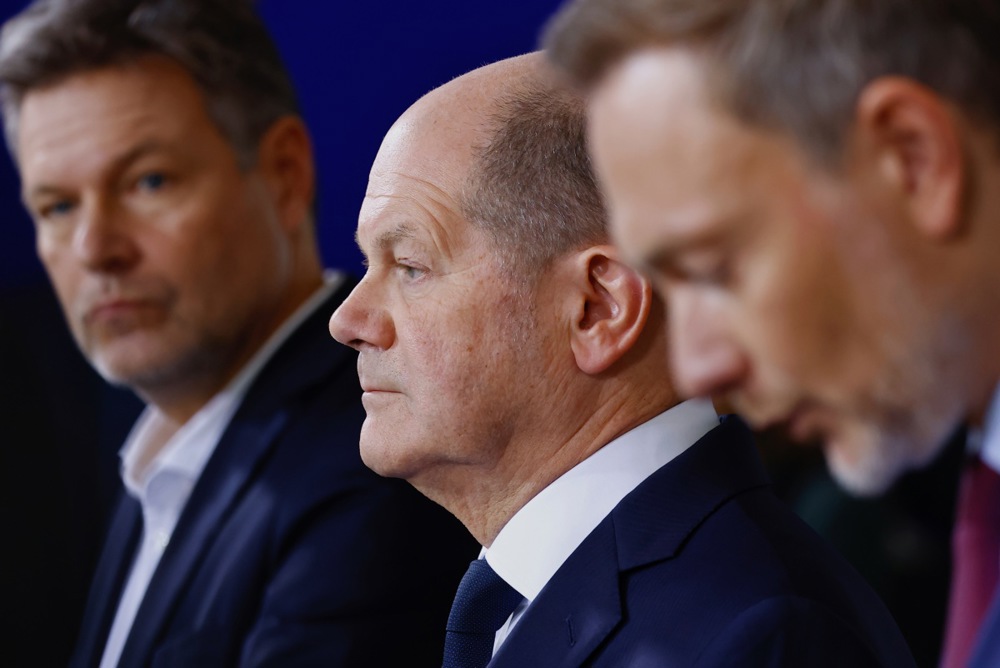In the midst of a severe fiscal crisis, the German Government has imposed a moratorium on virtually all new expenditure.
German Federal Minister of Finance Christian Lindner of the Free Democrats Party (FDP) has blocked almost the entire federal budget for 2023. The constitutional bodies of the Federal President, the Bundestag, the Federal Council and the Federal Constitutional Court (FCC) are the sole exceptions.
The decision comes after Germany’s top court, the FCC, blew a major hole of up to €60 billion in the Federal Government’s budget plans by ruling that the transfer of billions of euros in COVID pandemic-related debt to a separate climate fund was illegal.
Now looming is a total halt of the so-called “energiewende”, the ongoing transition by Germany to a low carbon, environmentally sound, reliable and affordable energy supply.
Economy minister Robert Habeck cautioned on November 20 that the FCC verdict might significantly impact Germany’s capacity to support its industrial base via a “green” transition while preventing the relocation of jobs and industries abroad.
Chancellor Olaf Scholz’s cabinet cancelled projects scheduled for 2024 and beyond which were to be funded by the climate fund shortly after the court’s decision but now his Government has gone even further.
Initially, the FCC declared the €60 billion climate fund null and void. It later clarified the situation regarding the debt brake on further borrowing as well as the legitimacy of borrowing, endangering even more of the budget.
Prior to the budget block by Lindner, the Federal Audit Office gave a scathing statement before an expert hearing on November 21 in the Bundestag budget committee.
According to the audit office, the 2024 budget and the €200 billion energy crisis fund would be “constitutionally very risky” if not modified.
The coalition Government should set aside €187.3 billion in the next year to prevent another problematic verdict by the FCC, according to the audit office.
The latest data from the Federal Statistical Office illustrates the scope of the problem.
The Government’s revenue up to September this year was €278.8 billion. According to the authorities, a “funding deficit of about €57.6 billion” was already in place by that time.
That does not include the several “special funds”, totalling €870 billion, with which the traffic-light Government allegedly sought to pay for its climate-protection initiatives supported by loans now ruled unconstitutional.
Experts say a budget that allows borrowing money to cover expenditure that is only receivable in the future violates constitutional norms.
Some argue that to present a budget in accordance with the Constitution, the Federal Government must review the planned use of all so-called special funds.
Others believe that a freeze on spending from the German Climate and Transformation Fund is sufficient to safeguard the budget from 2024 onward.
The precarious financial situation has sparked conflict inside Scholz’s three-party coalition, pitting the pro-spending Greens against the fiscally conservative FDP on whether to temporarily waive the debt brake.
The debt brake is a fiscal rule that was enacted in 2009 in Germany and written into the Constitution. It is designed to restrict structural budget deficits at the federal level and limit the issuance of government debt.
At the time of writing, all parties were due to send their own constitutional and fiscal experts to the budget hearings in the Parliamentarian Commission on November 21.





